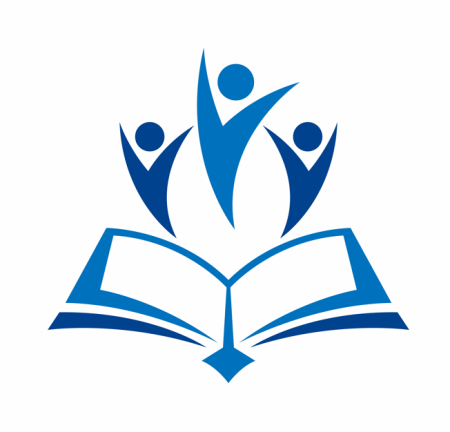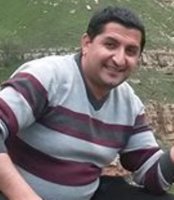"Umid" Support to Social Development Public Union ("Umid" SSD PU), with
financial support from the State Support Agency for Non-Governmental
Organizations (NGOs) of the Republic of Azerbaijan, has initiated the
implementation of the project titled "Enhancing Public and Social
Engagement Among Students through the Improvement of Social Welfare
Environments." The project is set to be executed over a 4-month period,
from August 1 to November 30, 2023. The targeted project locations are
secondary schools No. 280, named after M. Mehdiyev, in Hovsan
settlement, Baku, and No. 262, located in Turkan settlement, Khazar
district.
This project aims to establish student groups and clubs
with shared interests, challenges, and objectives within secondary
schools. These groups will identify and prioritize their problems,
forming around areas such as economics, employment, art, creativity,
culture, sports, environmental health, and other "common" interests.
They will mobilize resources to tackle these problems, involving local
authorities, NGOs, associations, and businesses.
The overarching goal
of the project is to increase the public and social involvement of
students by creating groups/clubs that empower them to recognize and
resolve their own issues. The project tasks include: 1) identifying
student groups/clubs based on common interests, and 2) facilitating
collaboration among these groups/clubs to address problems and enhance
their skills.
The project is designed to create a minimum of 4
groups/clubs, such as "Filmmakers and Photography," "Art and Culture,"
"Literature and Poetry," "Eco Club," "Music and Drama (Theatre)," etc.
Each group/club will consist of 10-12 members, who will refine their
domain-specific skills and improve their overall life skills (behavior
and public presentation) through training sessions on "Group Formation
and Development" and "Event Organization."
The primary target
demographic for this project is the designated pilot schools chosen by
the Ministry of Science and Education, aimed at fostering
teacher-parent-community relationships. Alternatively, at least 2
schools, as agreed with the Ministry of Science and Education, along
with the communities where these schools are situated, will be involved.
The project beneficiaries will include students (40 individuals),
teaching staff, and parents (at least 110 individuals) from these
schools.
The project also envisions collaboration with the Public
Council under the Ministry of Science and Education and the Baku City
Education Department. We are confident that this project model will be
successfully tested, which further instills confidence that it can have a
multifaceted impact in the future, supported by the Ministry of Science
and Education, the State Support Agency for Non-Governmental
Organizations, foreign donor resources, and its potential implementation
in other educational institutions.
“Umid” SSD PU has commenced the execution of the project titled “Enhancing Public and Social Engagement Among Students through the Improvement of Social Welfare Environments”



